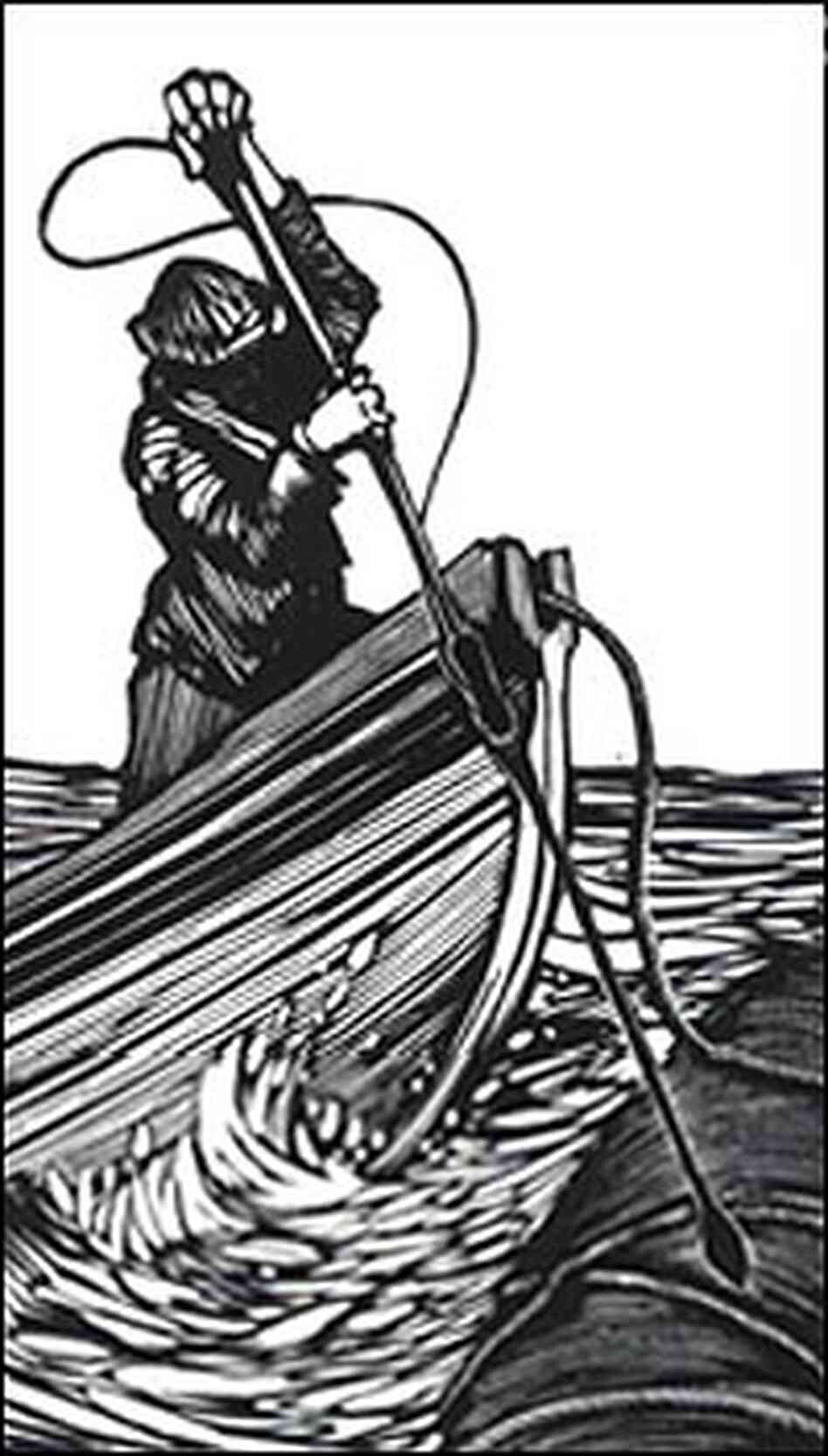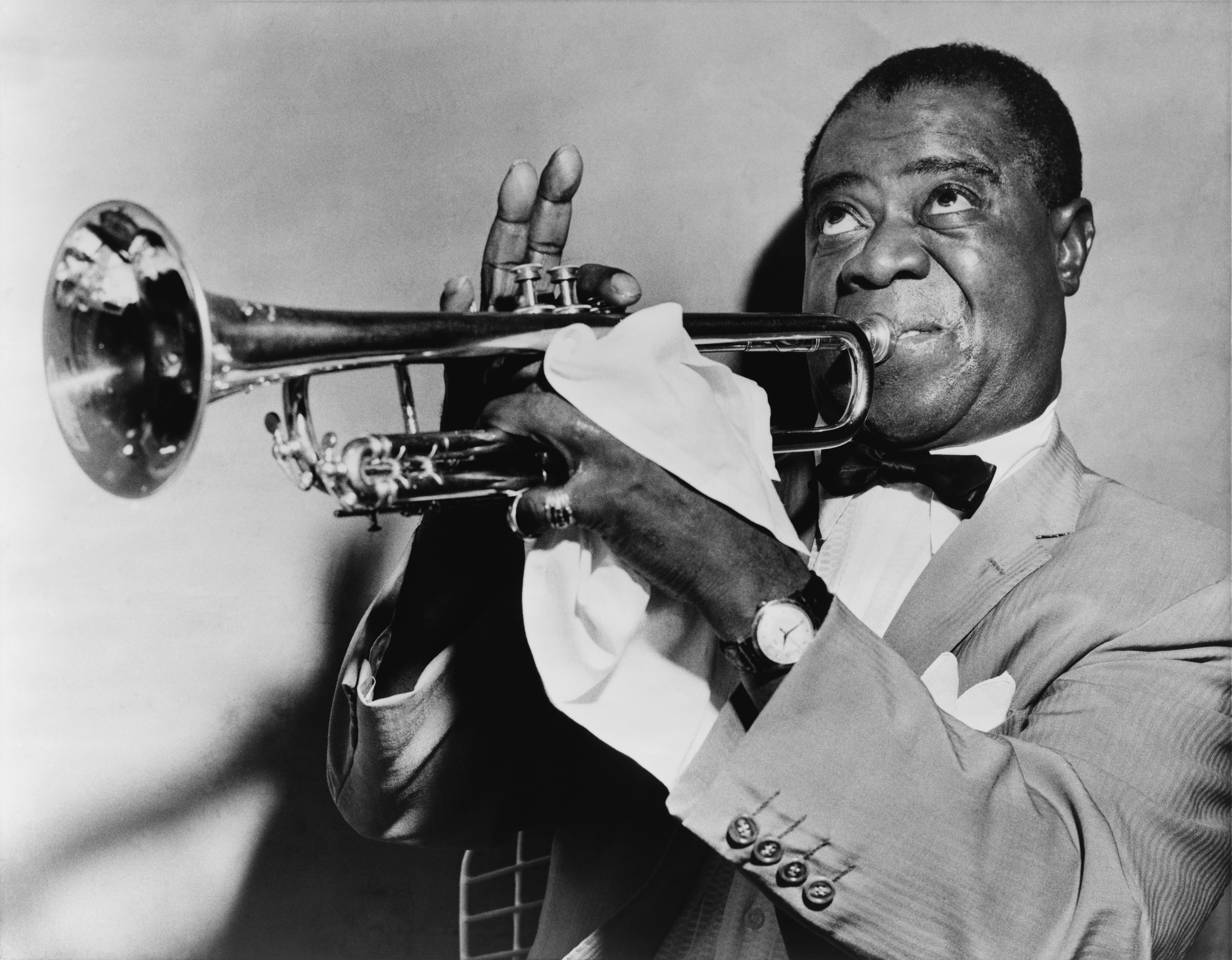4 But it displeased Jonah exceedingly, and he was very angry.
2 And he prayed unto the Lord, and said, I pray thee, O Lord, was not this my saying, when I was yet in my country? Therefore I fled before unto Tarshish: for I knew that thou art a gracious God, and merciful, slow to anger, and of great kindness, and repentest thee of the evil.
3 Therefore now, O Lord, take, I beseech thee, my life from me; for it is better for me to die than to live.
4 Then said the Lord, Doest thou well to be angry?
5 So Jonah went out of the city, and sat on the east side of the city, and there made him a booth, and sat under it in the shadow, till he might see what would become of the city.
6 And the Lord God prepared a gourd, and made it to come up over Jonah, that it might be a shadow over his head, to deliver him from his grief. So Jonah was exceeding glad of the gourd.
7 But God prepared a worm when the morning rose the next day, and it smote the gourd that it withered.
8 And it came to pass, when the sun did arise, that God prepared a vehement east wind; and the sun beat upon the head of Jonah, that he fainted, and wished in himself to die, and said, It is better for me to die than to live.
9 And God said to Jonah, Doest thou well to be angry for the gourd? And he said, I do well to be angry, even unto death.
10 Then said the Lord, Thou hast had pity on the gourd, for the which thou hast not laboured, neither madest it grow; which came up in a night, and perished in a night:
11 And should not I spare Nineveh, that great city, wherein are more than sixscore thousand persons that cannot discern between their right hand and their left hand; and also much cattle?















.jpg)
















